Slightly late, but if you're only trying to find a single entity, you could use the "Get Entity" step, which will only return a single entity, reducing the need for array manipulation.
Note that in Table Storage, your unique id is the combination of the Partition and Row keys - in your example above: New Zealand and 01. You'll get better performance if you're able to pass the partition key in as well.
You can then use the "Parse JSON" step to define the schema of your records, and have the different fields available in subsequent steps without having to resort to a function:

You can either use the "Use sample payload" link to generate the schema automatically, or use something like:
{
"properties": {
"PartitionKey": {
"type": "string"
},
"RowKey": {
"type": "string"
},
"Timestamp": {
"type": "string"
},
"UTCOffset": {
"type": "string" // or number
},
"odata.etag": {
"type": "string"
},
"odata.metadata": {
"type": "string"
}
},
"type": "object"
}
Alternatively you can use the Parse JSON step to handle the array returned by the Get Entities step and have a strongly typed set of objects that Logic Apps will let you loop through.




